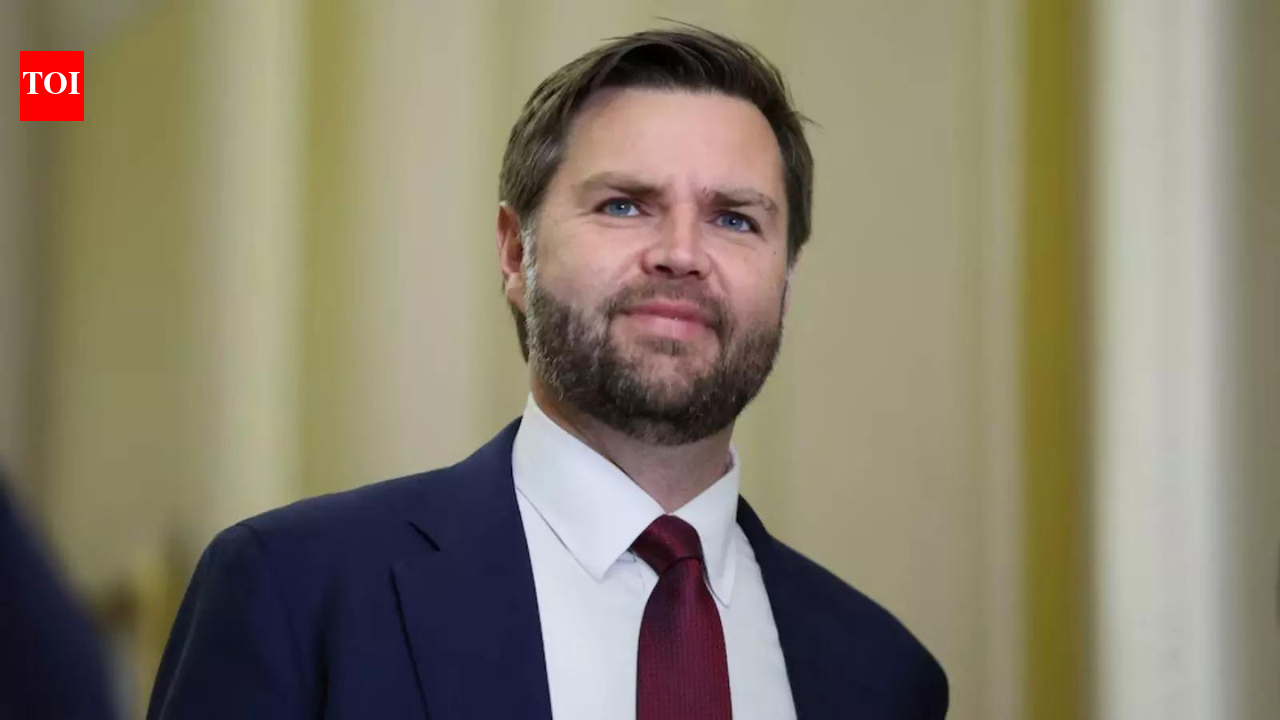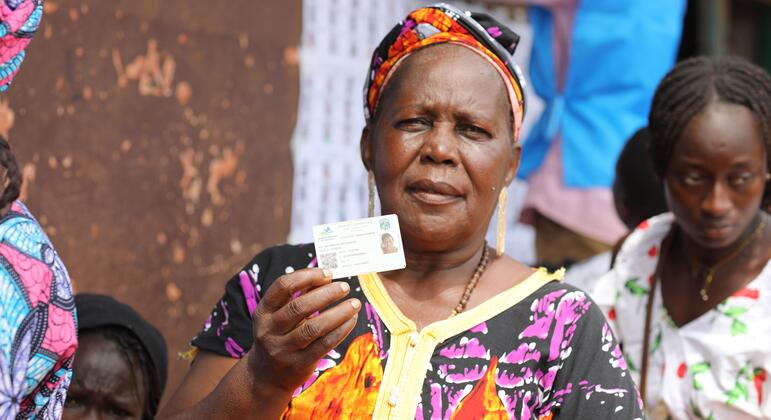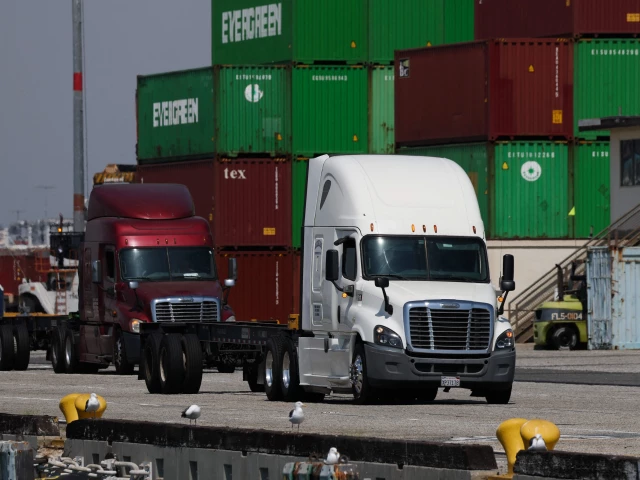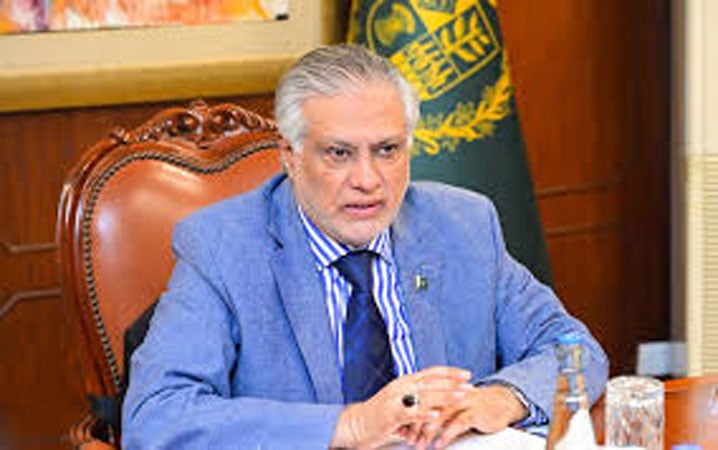ANI |
Updated: Feb 26, 2026 02:37 IST
Tehran [Iran],…

Iran enters critical talks on its nuclear programme with the US on Thursday, insisting a deal is in reach as long as Washington sticks by its willingness to concede Iran’s symbolic right to enrich uranium, allow Tehran to dilute its stockpile…

GENEVA – Minister of State for International Cooperation of Qatar Mariam bint Ali bin Nasser Al Misnad reaffirmed her country’s support for Syria and its people, welcoming the Syrian government’s engagement with United Nations…

A media watchdog has claimed that more journalists were…

US Vice President JD Vance on Wednesday said, “You can’t let the craziest and the worst regime in the world have nuclear weapons,” asserting that the Trump administration is determined to stop Iran from acquiring nuclear capability while…

Briefing the Security Council on Wednesday, Special Representative Valentine Rugwabiza said the 28 December 2025 polls marked “an important milestone in the consolidation of the peace process and State authority.”
The combined presidential,…

Trucks drive past cargo shipping containers at the Evergreen shipping terminal at the Port of Los Angeles in Los Angeles, California on September 13, 2025. The US Supreme Court ruled on February 20 that Donald Trump exceeded his authority in…

High level statement by the Commonwealth Secretary-General, Hon. Shirley Botchwey at the 61st Session of the United Nations Human Rights Council, High Level Segment on 25 February 2026 in Gevena, Switzerland.
It is my…
